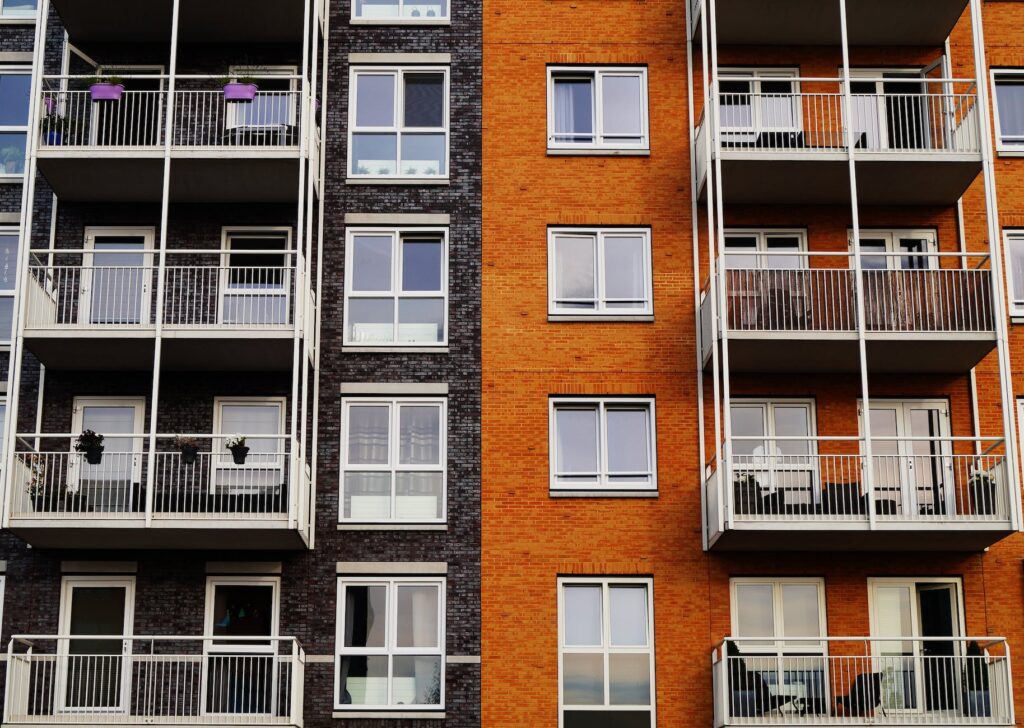
Introduction
Residential construction projects can be an exciting time in your life. They’re also a lot of work and expense. Say’s Mark Mariani, if you don’t have the right budget or the right contractor, it can lead to costly problems down the line. However, with a little planning and some research, you can manage a residential construction project on a tight budget without sacrificing quality or comfort.
Be honest with yourself and your contractors.
- Be honest with yourself and your contractors.
- Know what you want, and don’t try to be something you are not.
- Don’t try to squeeze a square peg into a round hole.
Use reliable materials.
- Use durable materials. The first step to managing a residential construction project on a tight budget is to use materials that are long-lasting and easy to maintain. Durable items, such as granite countertops and solid wood flooring, will last longer than cheaper alternatives like laminate or linoleum floors. You can also opt for more expensive types of tile (such as porcelain) over less expensive ones (like ceramic).
- Avoid difficult-to-clean surfaces whenever possible; they’ll only add unnecessary costs in the long run! If you’re planning on having hardwood floors installed throughout your home but want something practical for high traffic areas like kitchens and bathrooms–where spills are bound to happen–check out sealed vinyl tiles instead of traditional wooden planks so there’s no need for constant cleaning services after every mealtime at home.”
Keep in mind that you don’t need everything new.
You don’t need to buy everything new. The best way to save money and reduce waste is by using what you already have, recycling materials that are in good condition and looking at secondhand stores for things like furniture or appliances.
It may seem sad that your old couch has been replaced by a newer one, but there’s no reason why it shouldn’t be reused if it’s still in good shape! And if not? Well…you could always make use of it as firewood, too!
Take advantage of incentives.
Take advantage of incentives.
Incentives are a great way to bring down the cost of your construction project and make sure you don’t get hit with unexpected fees later on. State and federal incentives exist for all sorts of things, including energy efficiency upgrades or green building practices. Rebates are also available through some local governments, so be sure to check with yours before buying anything that might qualify for one! Tax credits are another popular option: they allow homeowners who invest in certain kinds of residential construction projects (like installing solar panels) to deduct some or all of those costs from their taxes later on
Conclusion
If you’re looking to build a new home, there are many ways to save money on the process. And if you’re going to spend the money anyway, why not do it right? In addition to making sure your contractors are trustworthy and efficient, you can save money by using materials that will last longer than others would. By taking advantage of incentives offered by local governments or organizations like Habitat for Humanity (which offers discounts on volunteer labor), you can cut down on building costs while still getting high-quality work done quickly enough so that everyone has time left over for enjoying their new homes!